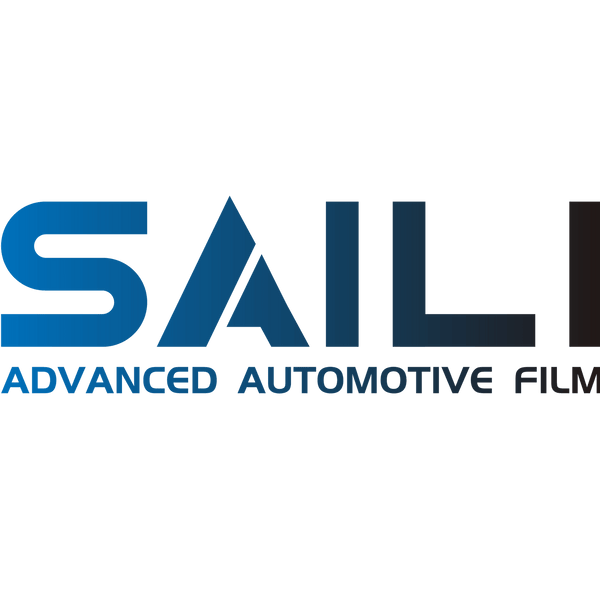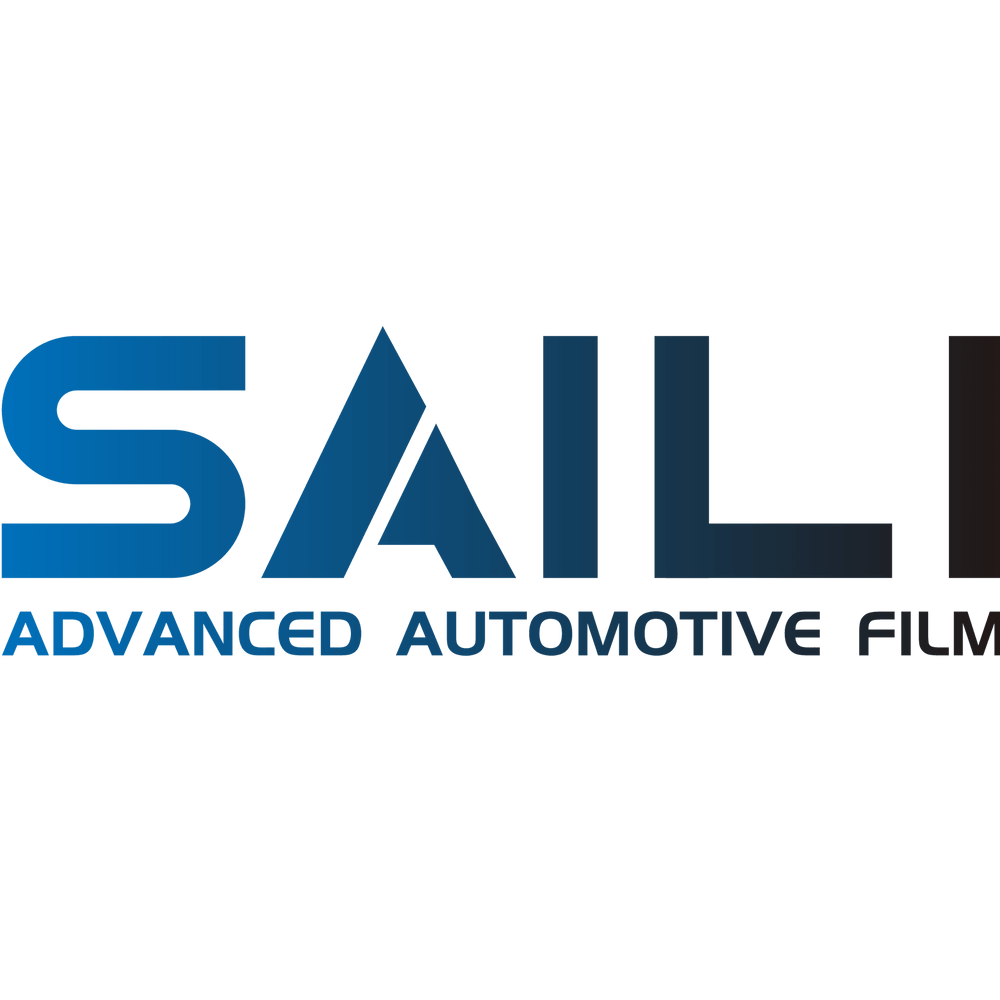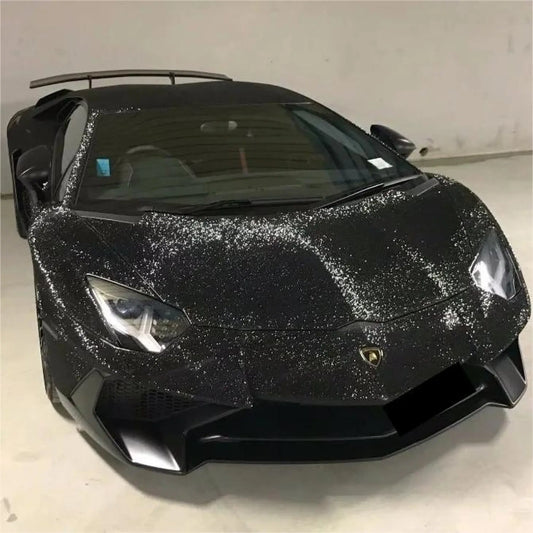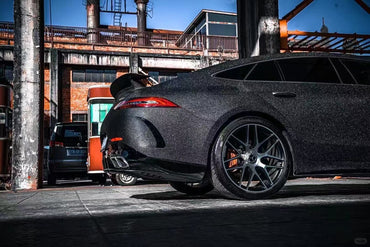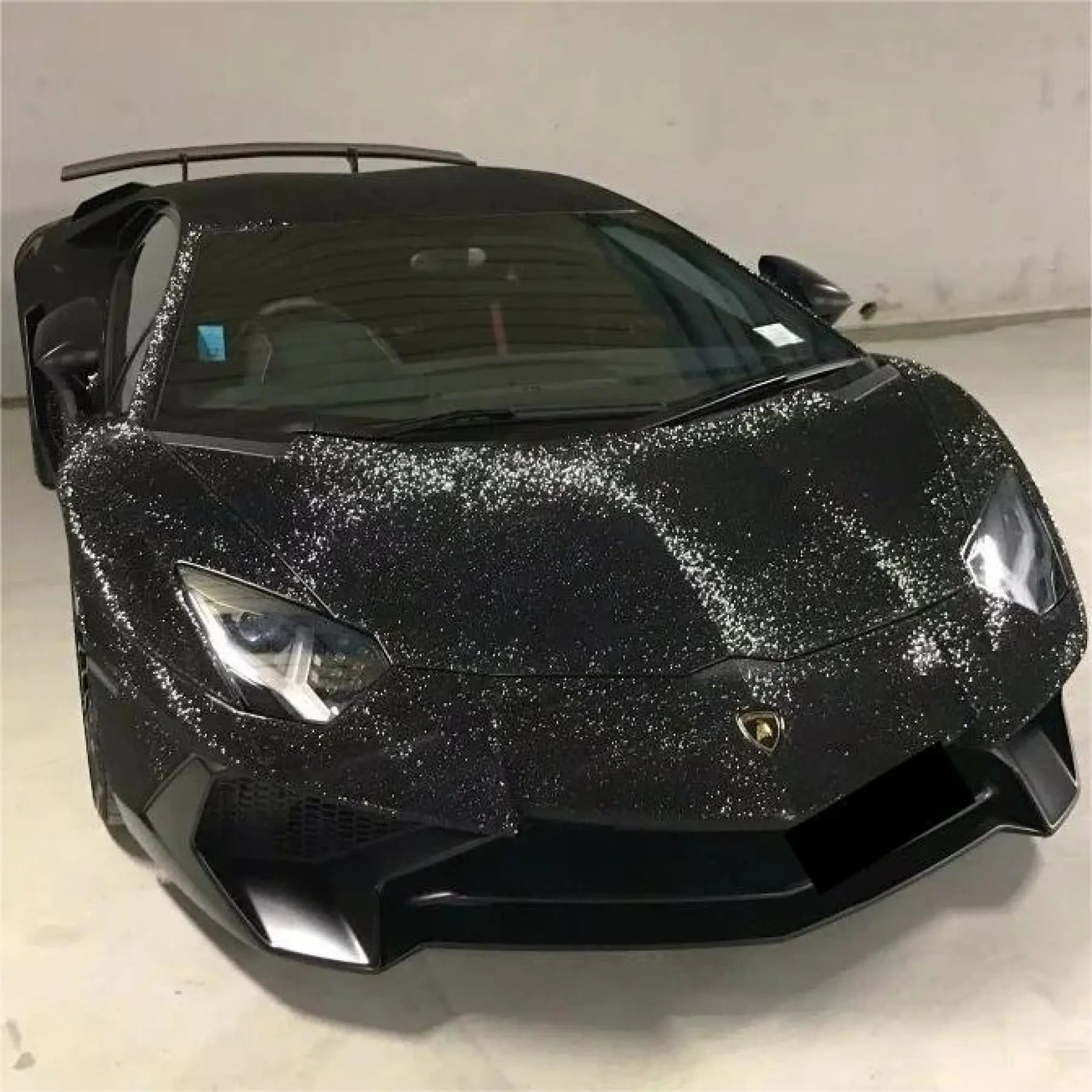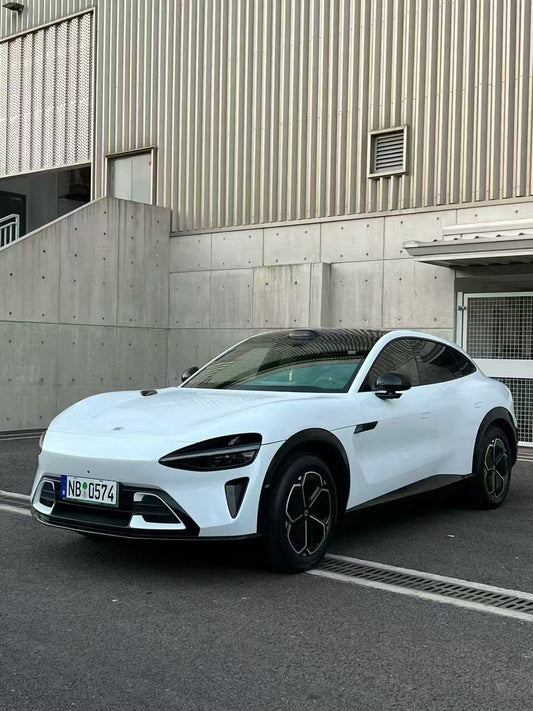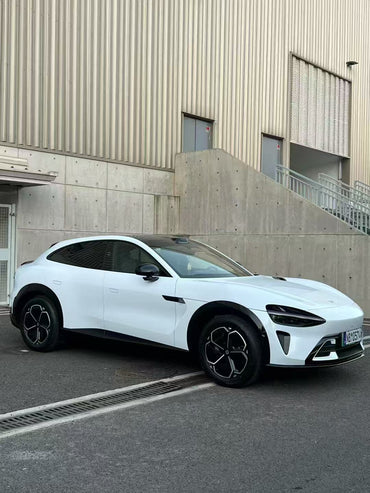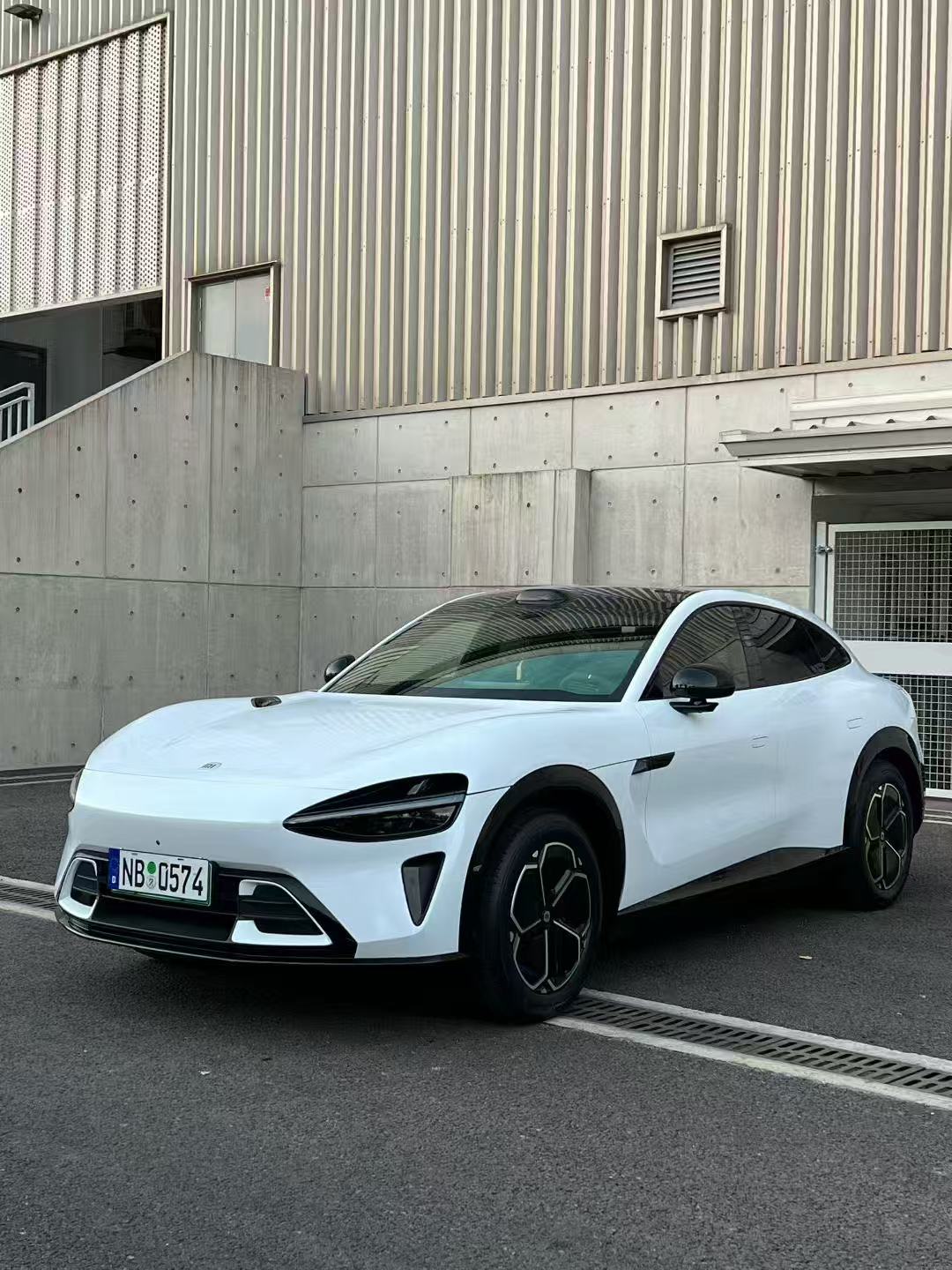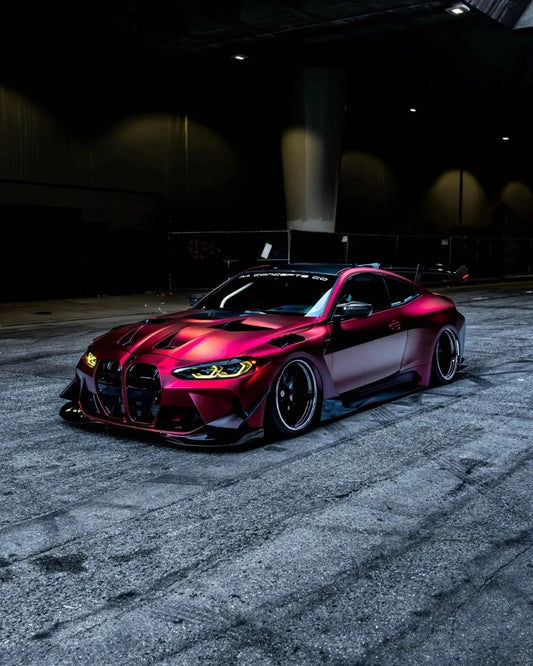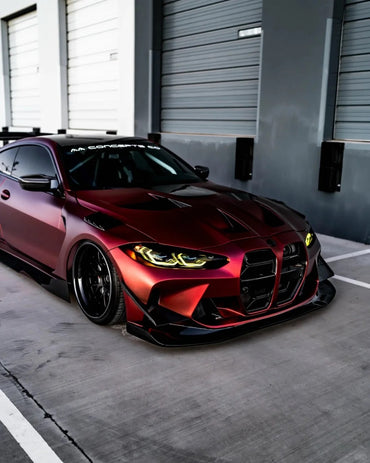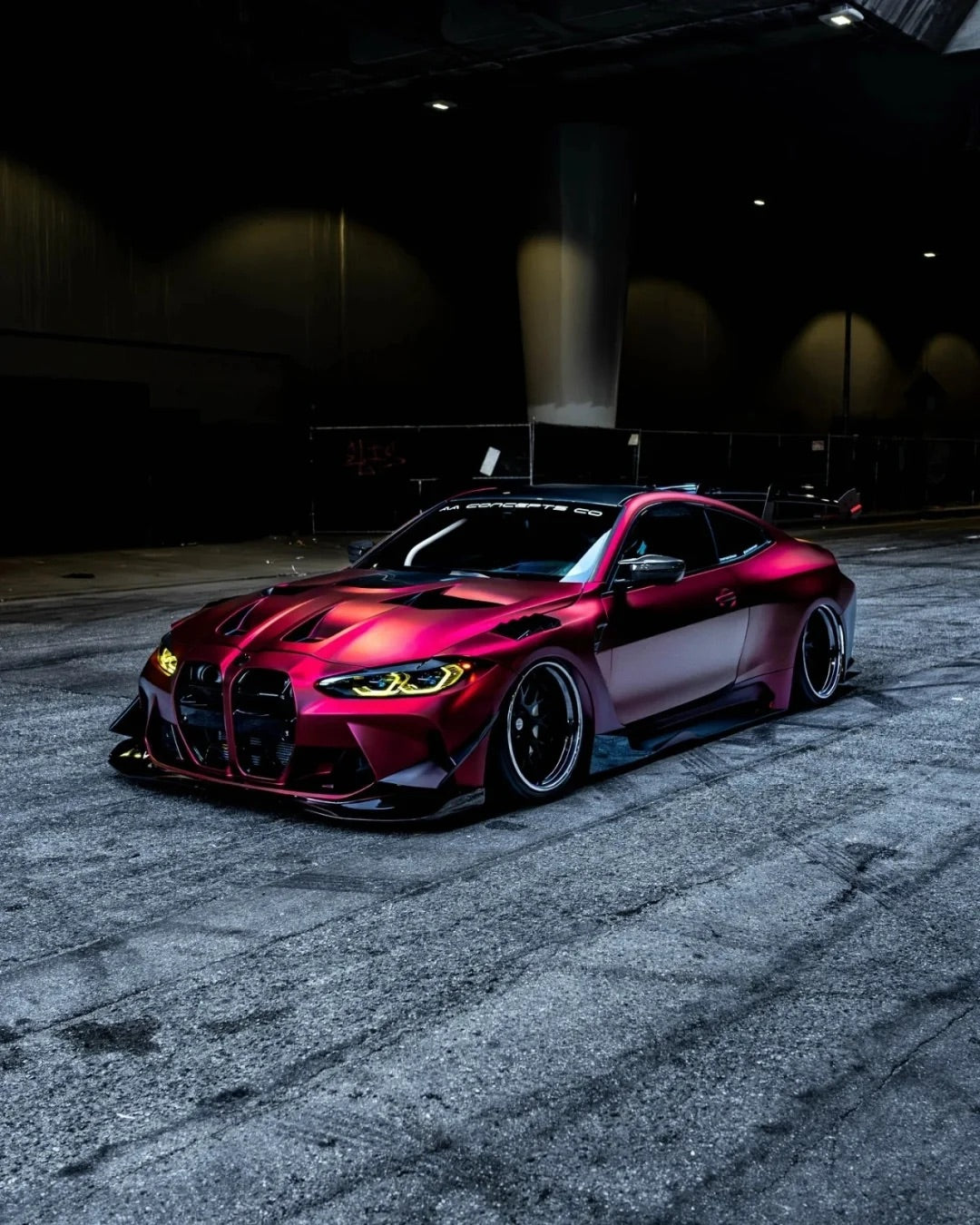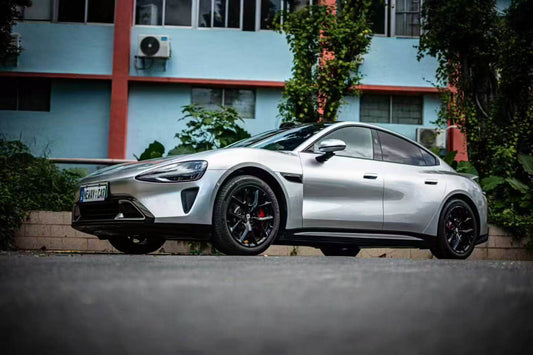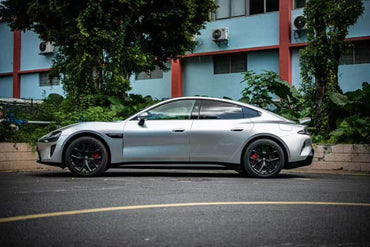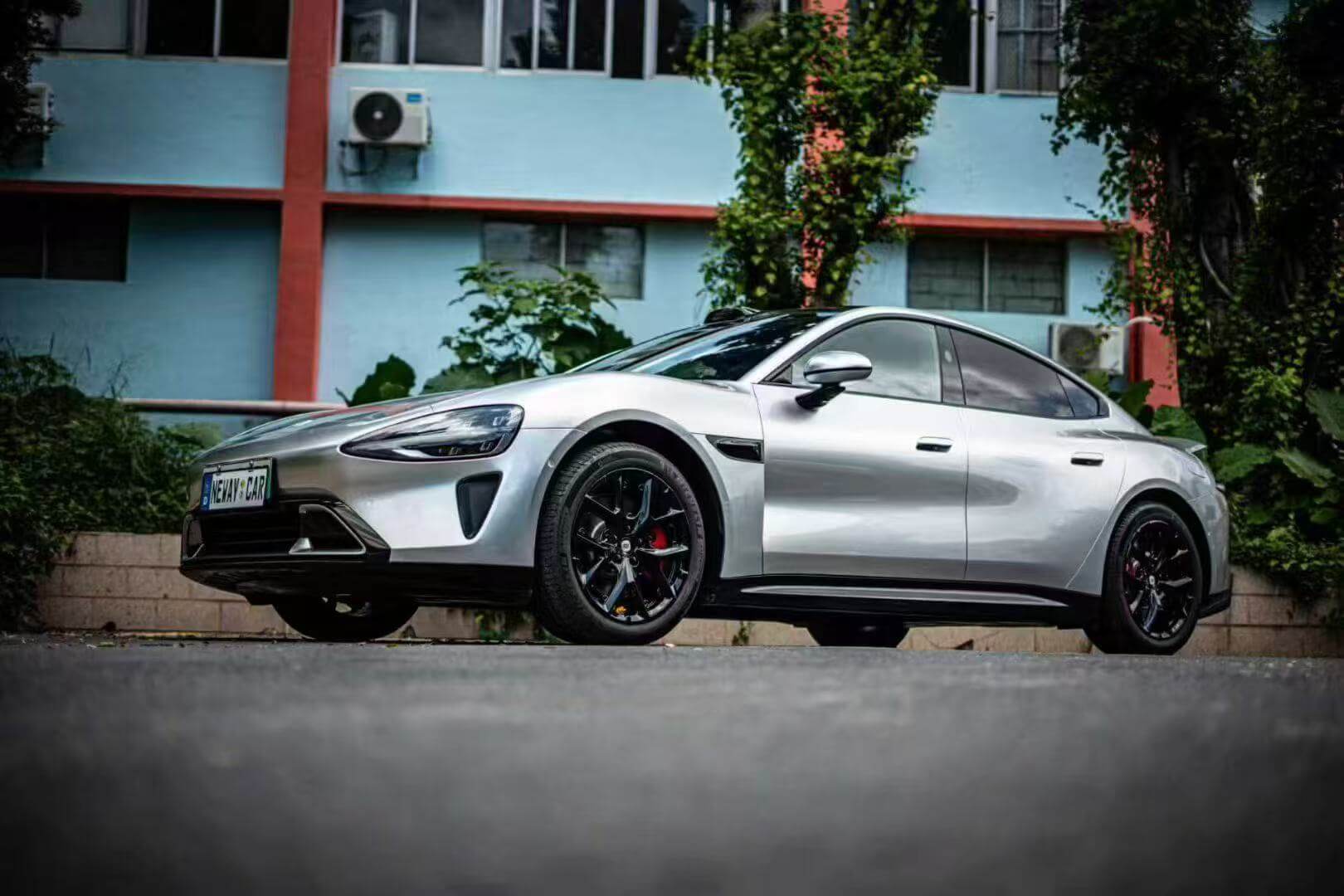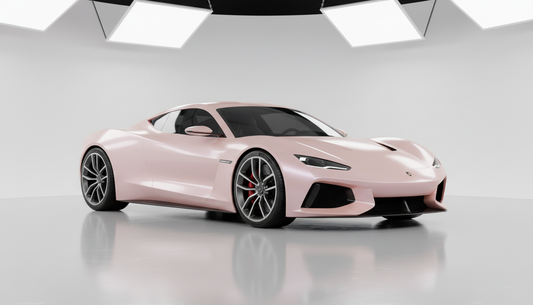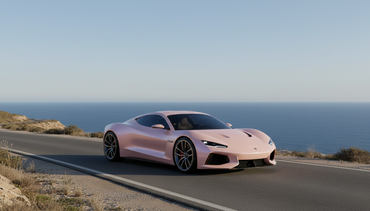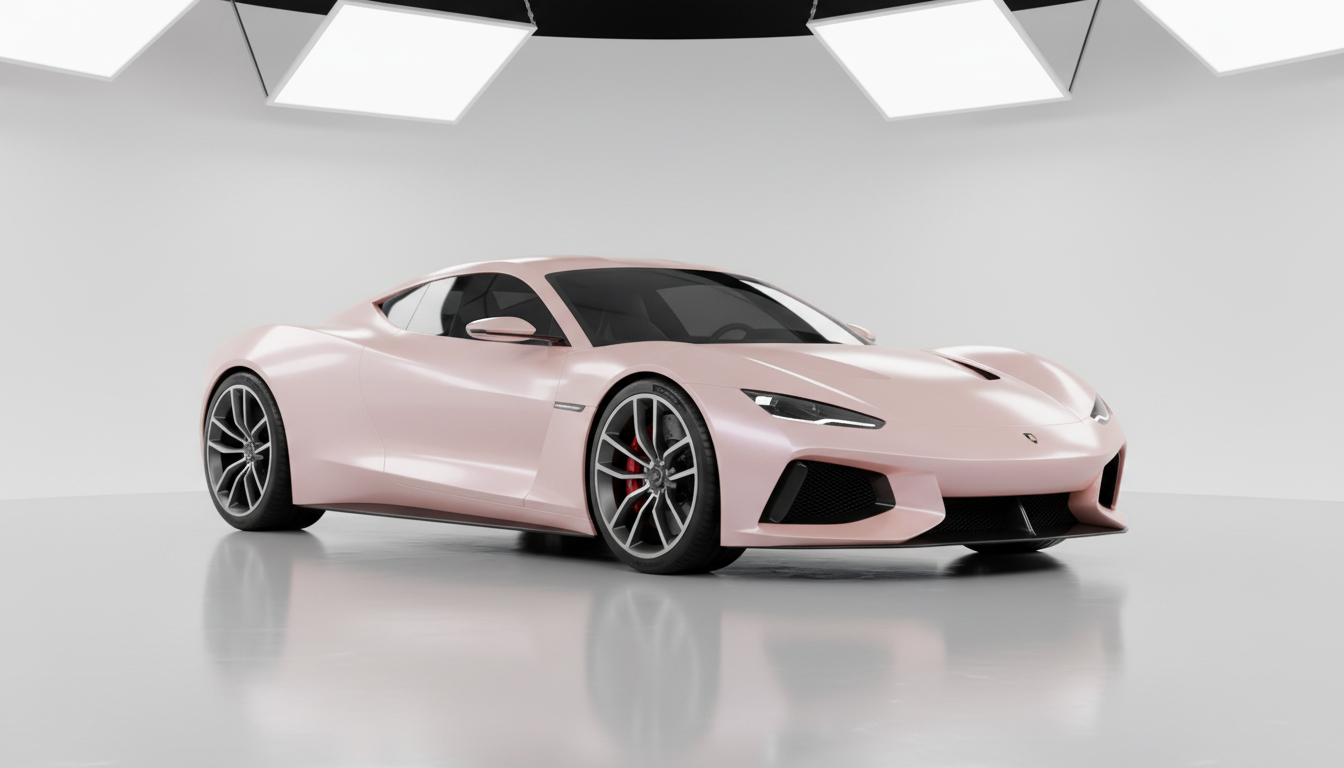Understanding the Core Difference: Wrap vs Paint
Car Wrapping involves applying a vinyl film over your vehicle's original paint, creating a protective layer while dramatically transforming appearance. Traditional Painting requires removing or covering existing paint with new automotive-grade coatings directly applied to the vehicle's surface.
The choice between these two methods affects everything from initial costs to long-term resale value, making this decision more important than ever for modern vehicle owners.
Durability Comparison: How Long Does Each Last?
Vinyl Wrap Durability
High-quality vinyl wraps typically last 5-7 years with proper maintenance, though premium materials can extend this to up to 10 years. Sailifilm's TPU paint protection wraps represent the pinnacle of wrap durability technology.
TPU Wrap Advantages:
- Self-Healing Properties: Minor scratches disappear with heat exposure
- UV Resistance: Maintains color vibrancy for years without fading
- Weather Resilience: Withstands temperatures from -50°C to +130°C
- Impact Protection: Shields against stone chips and road debris
Paint Job Longevity
Quality automotive paint can last 10-15 years or even the vehicle's lifetime with proper care. However, paint durability depends heavily on environmental factors, maintenance quality, and initial application standards.
Paint Vulnerabilities:
- Chip and Scratch Susceptibility: Direct damage to vehicle surface
- UV Degradation: Fading and oxidation over time
- Environmental Damage: Road salt, acid rain, and contaminants
- Maintenance Requirements: Regular waxing and polishing needed
Cost Analysis: Initial Investment vs. Long-Term Value
Upfront Costs Breakdown
Professional Car Wrapping:
- Standard Vinyl: $2,500 - $5,000
- Premium TPU Wraps: $3,500 - $7,000
- Luxury Vehicles: $4,000 - $8,000
Professional Paint Jobs:
- Standard Quality: $3,000 - $6,000
- High-End Finishes: $7,000 - $15,000
- Show-Quality Paint: $10,000 - $20,000+
Long-Term Cost Considerations
Wrap Maintenance Costs:
- Annual cleaning products: $50-150
- Professional maintenance: $100-300 per service
- Removal costs: $500-1,200 (when properly maintained)
Paint Maintenance Expenses:
- Regular waxing/polishing: $200-500 annually
- Touch-up repairs: $300-1,000 per incident
- Complete refinishing: $5,000-12,000
Cost Advantage Analysis
Vinyl wraps offer 30-50% cost savings compared to high-quality paint jobs, especially for custom designs and specialty finishes. The ability to change designs without permanent alteration provides unmatched flexibility value.
Resale Value Impact: Protecting Your Investment
How Wraps Affect Resale Value
Positive Resale Impacts:
- Original Paint Preservation: Maintains factory finish underneath
- Damage Prevention: Protects against scratches, chips, and UV damage
- Reversibility Factor: Can restore to original appearance
- Appeal to Buyers: Many appreciate the added protection layer
Studies show that vehicles with well-maintained wraps can retain 85-95% of their original resale value, particularly when the wrap is professionally removed to reveal pristine original paint.
Paint Job Resale Considerations
Variable Resale Impact:
- Quality Matters: Professional paint jobs may increase value
- Color Choices: Factory-correct colors typically retain more value
- Custom Colors: May limit buyer appeal and market value
- Condition Critical: Chips, fading, or imperfections decrease value significantly
Professional paint jobs using factory-correct colors can enhance resale value by 5-15%, while custom colors or poor-quality work may reduce value by 10-25%.
Design Flexibility and Customization Options
Vinyl Wrap Versatility
Modern vinyl wrapping offers virtually unlimited design possibilities:
Popular 2025 Finishes:
- Color-Shifting Wraps: Dynamic appearance changes with lighting
- Matte Metallics: Sophisticated texture with subtle shimmer
- Carbon Fiber Patterns: High-tech appearance and texture
- Custom Graphics: Business branding and personal artwork
Sailifilm's colored TPU protection films combine protection with stunning aesthetics, available in premium colors like Crystal Sky Blue, Ferrari Red, and Arctic Grey.
Paint Customization Limitations
While paint offers excellent finish quality, customization options are more limited:
Paint Capabilities:
- Solid Colors: Wide range but limited to traditional automotive paints
- Metallic Finishes: Beautiful depth but expensive to achieve
- Custom Mixing: Possible but costly and time-consuming
- Design Complexity: Intricate graphics require airbrushing expertise
Installation Time and Convenience
Wrap Installation Speed
Professional wrap installation typically takes:
- Partial Wraps: 1-2 days
- Full Vehicle Wraps: 3-5 days
- Complex Designs: 5-7 days
This minimal downtime keeps vehicles operational while transforming their appearance.
Paint Job Timeline
Professional painting requires significantly more time:
- Preparation Phase: 2-3 days (sanding, priming, masking)
- Paint Application: 2-4 days (multiple coats and curing)
- Finishing Work: 1-2 days (polishing and detailing)
- Total Timeline: 7-14 days for quality work
Protection and Maintenance Requirements
Wrap Protection Benefits
High-quality wraps provide exceptional protection for original paint:
Protection Features:
- Scratch Resistance: Absorbs minor impacts and abrasions
- UV Shielding: Prevents paint fading and oxidation
- Chemical Protection: Resists road salt, bird droppings, and tree sap
- Easy Repair: Damaged sections can be replaced individually
Paint Maintenance Demands
Traditional paint requires consistent care:
- Regular Washing: Weekly cleaning to prevent contaminant buildup
- Periodic Waxing: Every 3-6 months for protection and shine
- Touch-Up Work: Immediate attention to chips and scratches
- Professional Detailing: Annual deep cleaning and paint correction
Environmental and Practical Considerations
Eco-Friendly Advantages of Wrapping
Environmental Benefits:
- Reduced Chemical Use: No solvents or spray booth emissions
- Material Recycling: Some vinyl films are recyclable
- Paint Preservation: Extends original finish lifespan
- Lower Energy Consumption: No spray booth heating or ventilation
Application Suitability
Choose Wrapping When:
- You want design flexibility and reversibility
- Budget constraints favor lower initial investment
- Time is limited (faster installation)
- Original paint preservation is priority
- Frequently updating vehicle appearance
Choose Painting When:
- Long-term ownership with permanent color change desired
- Vehicle requires bodywork or rust repair
- Show-quality, factory-correct restoration needed
- Maximum durability is the primary concern
2025 Market Trends and Future Outlook
Wrap Technology Advancements
Innovative Developments:
- Enhanced Self-Healing: Faster scratch recovery with lower heat
- Improved Adhesives: Better conformability and removal
- Advanced Colors: More sophisticated color-shifting effects
- Sustainability Focus: Biodegradable and eco-friendly options
Paint Technology Evolution
Modern Paint Improvements:
- Ceramic-Enhanced Formulas: Better scratch and chemical resistance
- Advanced Color Matching: More precise factory color replication
- Faster Curing: Reduced application time
- Environmental Compliance: Lower VOC emissions
Making the Right Choice for Your Vehicle
Wrap vs Paint Decision Matrix
Consider Sailifilm TPU Wraps If:
- You prioritize paint protection and reversibility
- Budget consciousness is important
- Design flexibility appeals to you
- Quick turnaround time is needed
- Resale value preservation matters
Consider Quality Paint If:
- Permanent transformation is desired
- Maximum longevity is the priority
- Factory-correct restoration is required
- Show-quality finish is the goal
Why Sailifilm TPU Wraps Lead the Market
Sailifilm's TPU paint protection films represent the evolution of vehicle wrapping technology. Unlike traditional vinyl, our TPU wraps offer:
Superior Performance Features:
- Advanced Self-Healing: Heat-activated scratch resistance
- Optical Clarity: Crystal-clear finish that enhances paint depth
- Durability Excellence: Extended lifespan compared to standard vinyl
- Color Options: Premium colored films for style and protection
Investment Value:
- Paint Protection: Shields against environmental damage
- Resale Preservation: Maintains original finish integrity
- Design Flexibility: Easy updates without permanent changes
- Professional Results: Superior conformability and finish quality
Conclusion: The Clear Winner for Modern Vehicle Owners
The wrap vs paint debate in 2025 clearly favors high-quality vinyl wraps for most vehicle owners. With superior cost-effectiveness, design flexibility, paint protection, and resale value preservation, wrapping offers compelling advantages over traditional painting.
Sailifilm's TPU paint protection wraps represent the pinnacle of wrapping technology, combining the aesthetic transformation capabilities of traditional wraps with advanced protective properties that exceed standard vinyl performance.
For vehicle owners seeking the perfect balance of style, protection, and value, TPU wrapping provides the ideal solution—transforming your vehicle's appearance while preserving its long-term value and integrity.
External Resources:
- Vehicle Wrapping Standards and Guidelines - Wikipedia
- Automotive Paint Technology Overview - Car and Driver
- Professional Installation Best Practices - SEMA Guidelines
